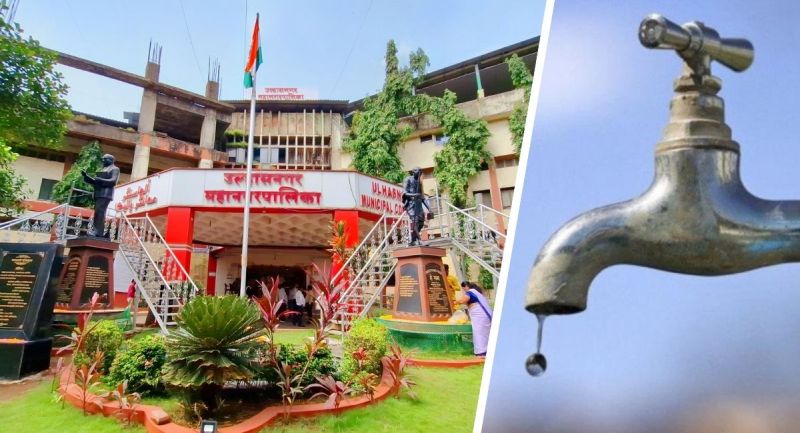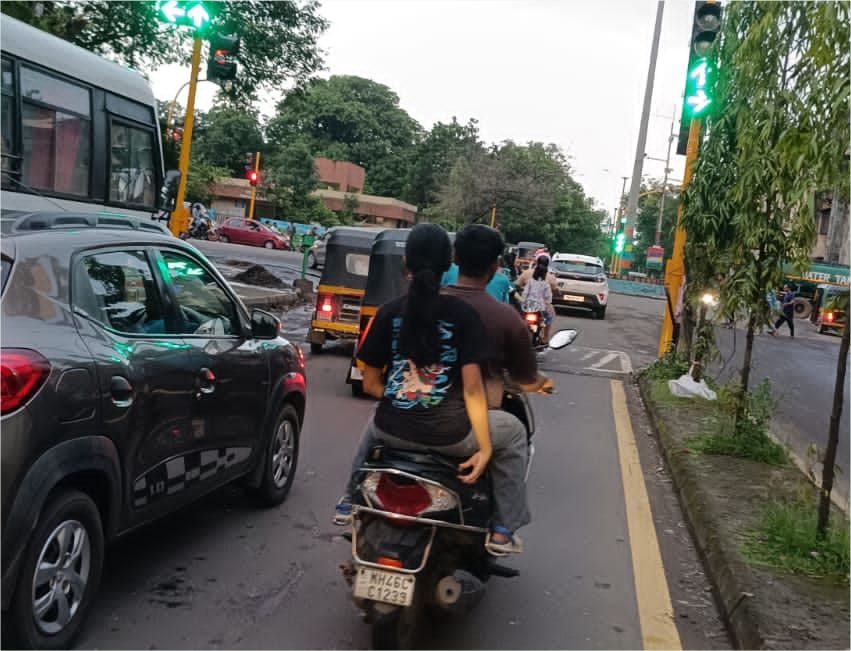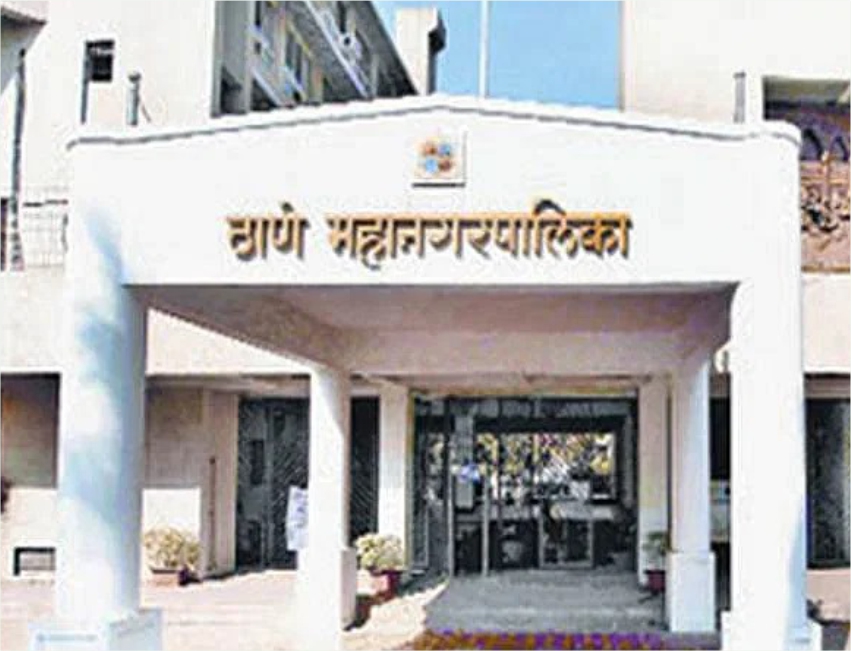Ulhasnagar Water Woes: Crores Spent Yet Public Remains Thirsty

- Newsband
- 16 Apr, 2025
Ulhasnagar: Even as residents of Ulhasnagar continue to queue up for hours just to fill few buckets of water, civic records tell a very different story one of crores spent on repairs and maintenance.
Over the past four years from 2021 to 2024, the Ulhasnagar Municipal Corporation (UMC) claims to have spent Rs 3.5 crore on fixing water pipelines. Yet, the problems of leaky pipeline and contaminated supply remains a serious issue.
Adding to the confusion, UMC has recently floated a fresh tender worth Rs two crore for pipeline-related work. It raises serious questions about how the funds were spent earlier and why the problems keep on resurfacing time and again.
The water supply department of UMC has increasingly come under fire for what many residents and civic activists describe as chronic mismanagement.
Despite investing hundreds of crores there has been little to no improvement in the city's water situation.
For instance, the much-touted Blue Line project, which alone saw UMC spending about Rs 40 crore. Despite the significant investment, the city continues to face daily water shortages, especially in low-income and high-density localities.
Between 2020 and 2024, Rs 3.5 crore was reportedly spent on repairing and maintaining UMC’s aging water pipeline network.
However, the on-ground situation paints a very different picture: pipelines bursting, muddy water, and irregular supply.
Even as the earlier investments are yet to achieve fruition, UMC has floated a new tender worth Rs two crore.
The tender announcement came in early April 2025, but without a clear explanation for the need, given the large sums already spent.
Ulhasnagar receives 140 MLD (million litres per day) of water from Barvi Dam and MIDC, which by all accounts is sufficient for the city’s needs. However, the core issues lie in faulty distribution, water theft, damaged pipelines, and ongoing leakages. These are especially pronounced in thickly populated areas where poor infrastructure and illegal connections worsen the crisis.
To add to UMC’s worries, the civic works initiated by the corporation, like the underground sewer installations, have damaged water pipelines.
Following public outcry, UMC has launched an internal audit of all water-related expenditures but the civic body is yet to share any findings or commit to a timeline.
While UMC insists it is taking steps to resolve the issue, the lack of transparency, results, and responsiveness has left citizens disillusioned. In a city where water should be a right, not a privilege, the current situation raises serious questions not just about infrastructure, but about governance itself.
Efforts to reach UMC commissioner Manisha Awhale proved futile. Awhale’s office refused to comment citing the IAS officer was busy in a meeting.




